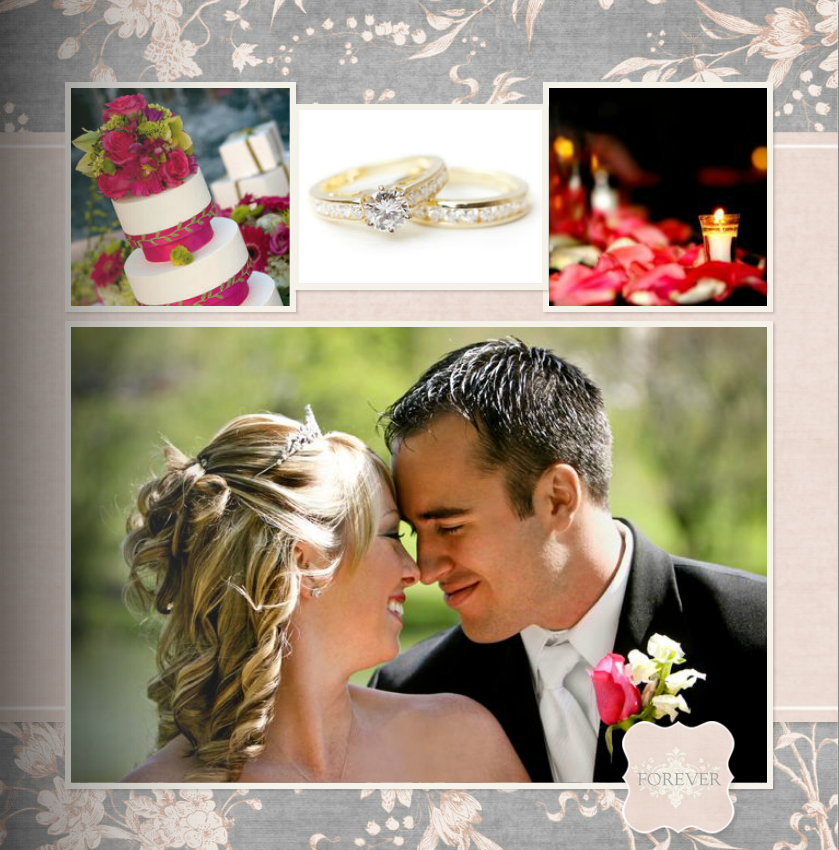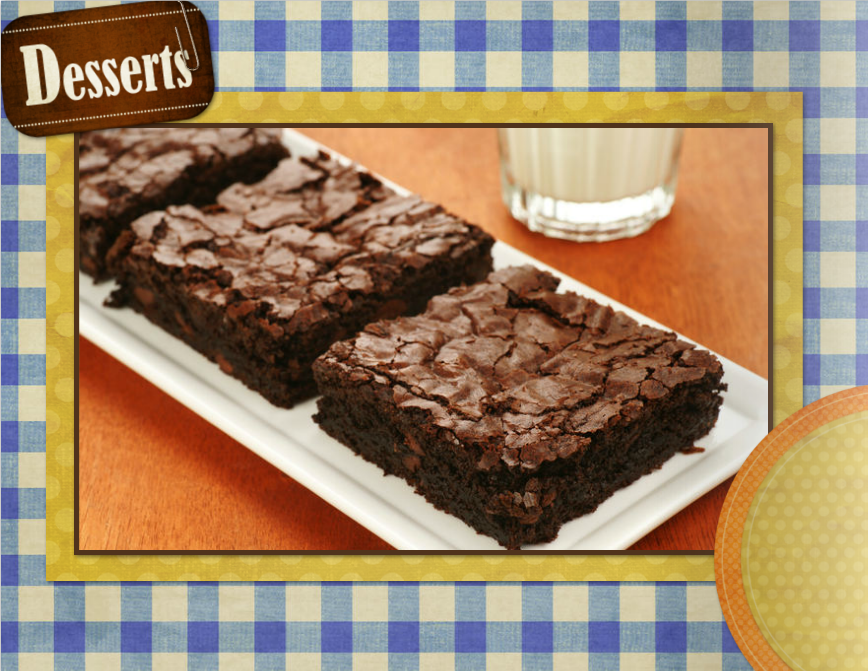Macro photography is a great feature most—if not all—point-and-shoot cameras come equipped with. In its most general terms, the macro setting tells your camera that the subject you want to photograph will be closer than normal, allowing it to focus on the finer details of the subject. The macro setting (usually denoted with a flower icon) allows you to get up close and personal with the subject of your photo.
While these can make for great individual prints that can be displayed in your home, macro photography can also be utilized to accent photos you have already placed within your photo book!
Here are five great tips to help you take better close-up photographs!
Tip #1: Keep Your Camera Stable If possible, use a tripod to prevent the camera from shaking when taking your photo. If a tripod is not available, use a table or set the camera on something steady that can act as a makeshift tripod and can stabilize your camera as it takes the shot. For even more stability, utilize your camera’s timer mode. By waiting ten seconds after hitting the shutter button, you ensure that the shakiness caused by the button press will have disappeared.
Tip #2: Keep Your Subject Stable While having a steady camera is important, it is just as important to have a steady subject. While this isn’t always the case, the more steps you take to steady the subject, the better the outcome of your photo. If you are photographing a rounded party favor, wait until it has settled on the table and make sure the table is not disturbed when taking your photo. Alternatively, place the favor on a textured surface, which can also prevent movement. If you are taking photos outside on a windy day, take steps to protect the subject from the wind. Move the subject so that a wall blocks the wind, or create makeshift wind deflectors with wooden posts and cloth.
Tip #3: Find Natural Lighting If possible, try to use even, natural light when using your macro setting. This will create natural, beautiful photos. If you are able to photograph in the late afternoon, when the sun isn’t directly hitting your subject, you’ll be able to take beautifully lit photos. Overcast days also provide great, even lighting. If a flash is needed, take steps to diffuse the flash your point-and-shoot uses. Try placing some tissue paper over your flash, so you get a more subtle glow instead of a harsh light.
Tip #4: Focus Focus is key and will make your photo crisp and clear. Make sure your camera is focused on the correct object or part or the object for your photo. If your camera allows for it, use a manual focus setting. Manual focus gives you more control over what the camera will focus on.
Tip #5: Practice, Practice, Practice Everything in life takes practice. Once a week, grab your camera and work on some macro shots of things you find around the house. Practice on fruit, flowers, jewelry, or knickknacks. As you learn what works best, your photos will also improve. By the time the next big event comes along, you’ll know exactly how to position objects to create that perfect photo for your Mixbook!
Now that you've got your tips, here are some great ideas for how to show off your close-up photos in a Mixbook!
Macro Photography Ideas for Your Next Photo Book
When creating a wedding photo book, take some close-up shots of the wedding favors, cake, and place settings.
 This layout is pulled from our Shabby Chic theme.
This layout is pulled from our Shabby Chic theme.
If working on your baby’s first year, don’t forget to include great shots of their first toy, cute little shoes, and even cuter little feet!
 This layout was created using Baby’s First Year.
This layout was created using Baby’s First Year.
When traveling, make sure to capture close-ups of your favorite dish, beautiful flowers, and shells in the sand.
 The Travel the World theme was used in this two page spread.
The Travel the World theme was used in this two page spread.
If you are creating your family’s annual cookbook, why not take a few shots of the ingredients, the cooking steps, and the final product?
All of these ideas can be easily photographed with your camera's macro setting. So, now it's your turn to share. What new photo books are you going to create with your newfound knowledge?


